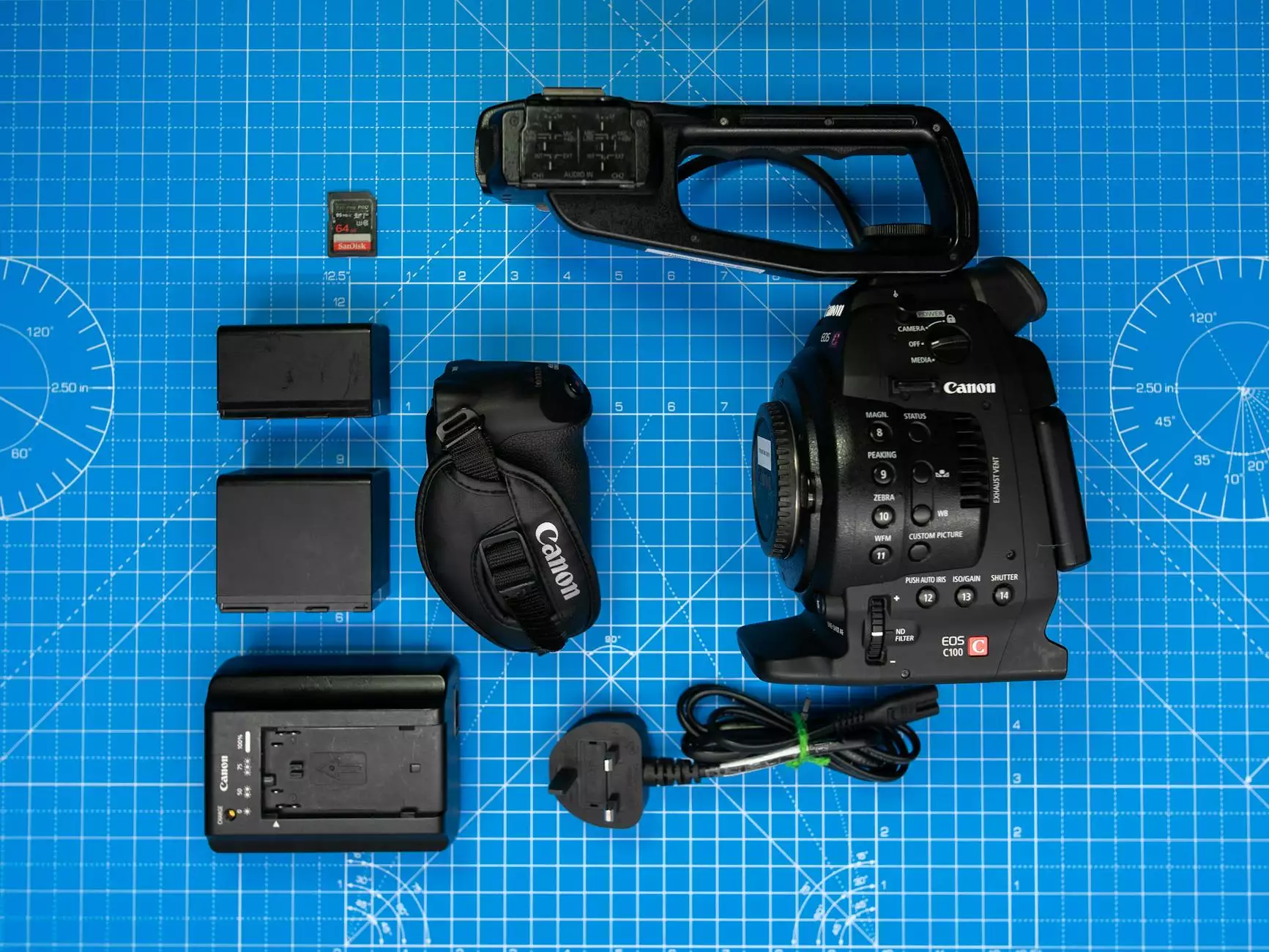Ultimate Guide to Buying Cars

Buying a car can be an exhilarating experience, but it can also be overwhelming given the vast array of options and decisions involved. In this comprehensive guide, we will delve into the essential aspects of buying cars, including financing options, tips for making the right choice, and expert advice on navigating the automotive market.
Understanding Your Needs
Before you start browsing through listings or visiting dealerships like JStar CDJRF of Anaheim Hills, it’s crucial to assess what you truly need. Consider the following factors:
- Purpose: Will this be a family vehicle, a commuter car, or a recreational adventure vehicle?
- Size: How many passengers do you typically carry? What are your storage needs?
- Fuel Efficiency: How important is fuel economy to you? Are you considering hybrid or electric options?
- Budget: What is your budget for buying cars? Factor in insurance, maintenance, and taxes.
Researching Your Options
Once you have evaluated your needs, the next step is to conduct thorough research on the types of vehicles that fit your criteria. Utilize online resources, read reviews, and check out user ratings on various automotive websites. Key aspects to research include:
- Reliability: Check the reliability ratings of different makes and models to ensure long-term satisfaction.
- Resale Value: Some cars retain their value better than others, so consider potential resale value.
- Features and Technology: Look for essential features such as safety ratings, entertainment systems, and new technology integrations.
Budgeting for Your Purchase
Establishing a budget is a critical step in the car buying process. Here’s how to effectively budget for your new vehicle:
- Determine Your Price Range: Start by analyzing your financial situation to decide how much you can afford to spend.
- Consider Financing: If you plan to finance your purchase, explore various loan options available through banks or credit unions, and consider pre-approval.
- Calculate Additional Costs: Include taxes, registration, insurance, and potential maintenance costs into your overall budget.
Finding the Right Dealership
The dealership you choose can significantly impact your car-buying experience. Consider visiting JStar CDJRF of Anaheim Hills, where you will find a wide selection of vehicles and a knowledgeable staff ready to assist you. Values to look for in a dealership include:
- Reputation: Research customer reviews and check ratings from trusted automotive sources.
- Customer Service: A dealership that prioritizes customer service will ensure a smoother transaction.
- Inventory: A well-stocked dealership will provide a better chance of finding the perfect vehicle.
Understanding Car Financing Options
Financing is a crucial aspect of the car buying process. You have several options when it comes to financing your vehicle:
1. Traditional Financing
This involves applying for a loan through financial institutions such as banks or credit unions. You will typically need a good credit score to qualify for favorable interest rates.
2. Dealership Financing
Many dealerships offer financing options directly through them. They may work with multiple lenders to find the best rates for you.
3. Lease vs. Buy
Leasing a car can be an attractive option for those who like to drive new vehicles every few years. However, buying allows you to own the car outright and eventually eliminate monthly payments.
4. Personal Loans
If traditional auto loans are not an option, consider personal loans. Be cautious, as interest rates may be higher.
Evaluating Vehicle Options
When you're ready to start buying cars, ensure you evaluate each vehicle carefully. Here are tips to consider during your evaluation:
- Test Drive: Always take a test drive to gauge comfort, handling, and performance.
- Vehicle History Report: If purchasing a used car, obtain a vehicle history report to check for any accidents or title issues.
- Inspection: Consider having a mechanic inspect the vehicle before making a final decision.
Negotiating Your Purchase
Negotiation is a critical skill when buying cars. Here are strategies to help you negotiate effectively:
- Do Your Research: Know the market value of the car you want to ensure you don’t overpay.
- Be Willing to Walk Away: If a deal doesn’t feel right, don’t hesitate to walk away; it gives you leverage.
- Negotiate Total Cost: Focus on the overall price of the car rather than the monthly payments to avoid dealer tricks.
Completing the Purchase
Once you've reached an agreement, review all the paperwork carefully. Key components to examine include:
- Sales Contract: Ensure all terms discussed during negotiation are clearly stated.
- Warranty Information: Check the details of any warranties or guarantees the dealership offers.
- Financing Agreement: Understand your financing terms, including interest rates and payment schedule.
After the Purchase: Caring for Your Vehicle
Your responsibility doesn't end once you’ve bought the car. Proper maintenance is essential for keeping your vehicle in top shape. Here are some maintenance tips:
- Regular Oil Changes: Adhere to the recommended oil change intervals to prolong engine life.
- Check Tire Pressure: Maintaining the correct tire pressure improves safety and fuel efficiency.
- Schedule Routine Inspections: Regularly check the brakes, lights, and other critical systems.
Conclusion: Your Journey to Buying the Perfect Car
Buying cars is more than just a transaction; it’s about finding the right fit for your lifestyle. By understanding your needs, conducting thorough research, and choosing the right dealership, such as JStar CDJRF of Anaheim Hills, you can make an informed decision that you will be happy with for years to come. Remember, the key to a successful purchase lies in preparation and planning. Best of luck in your car-buying journey!
buy cars








